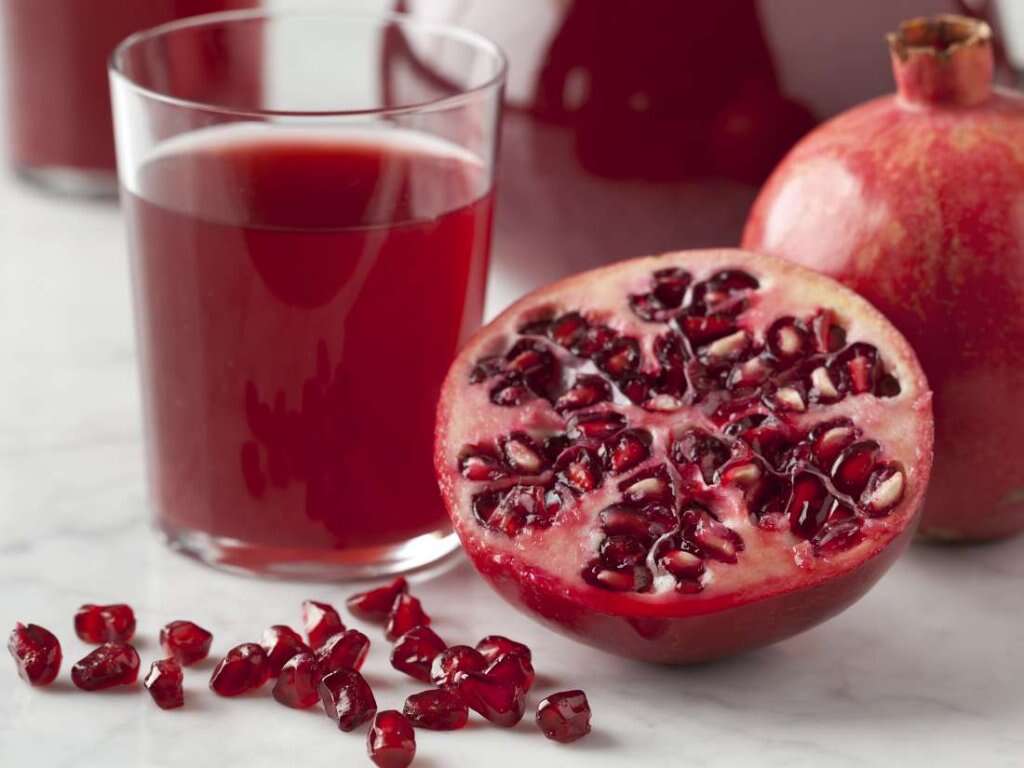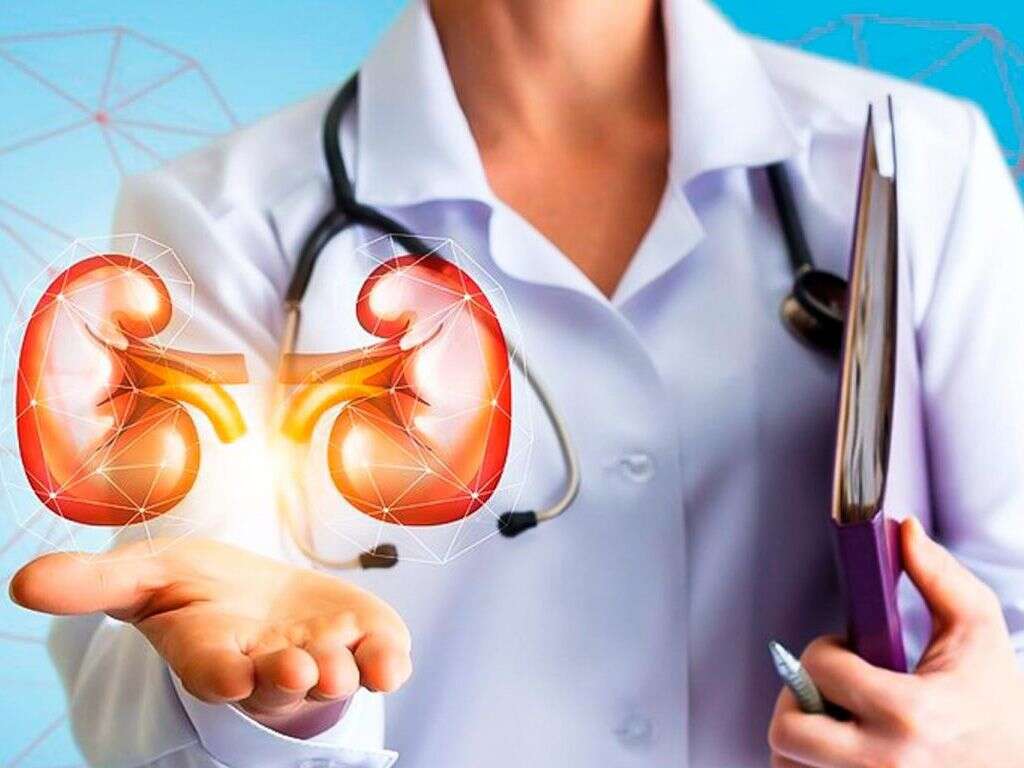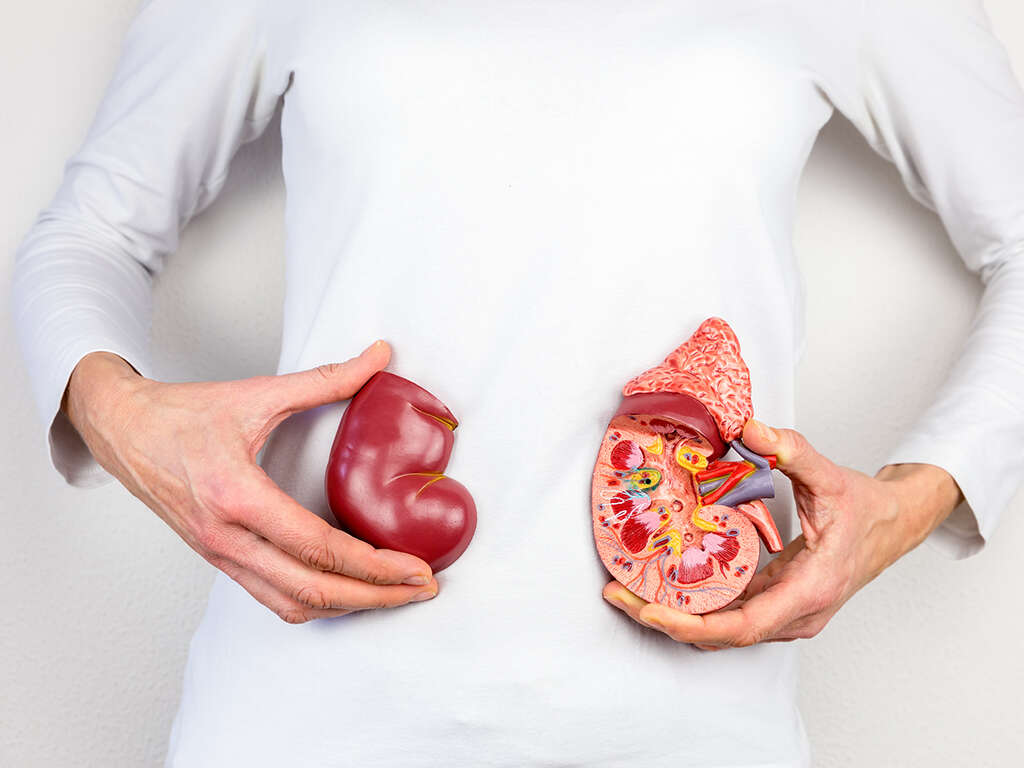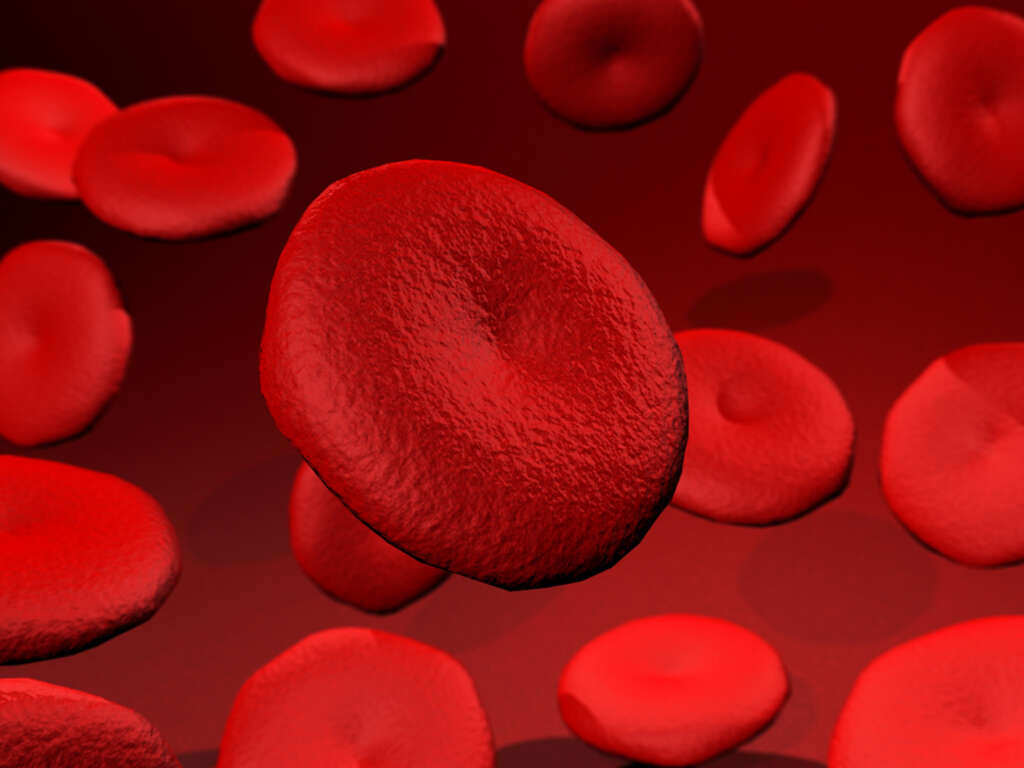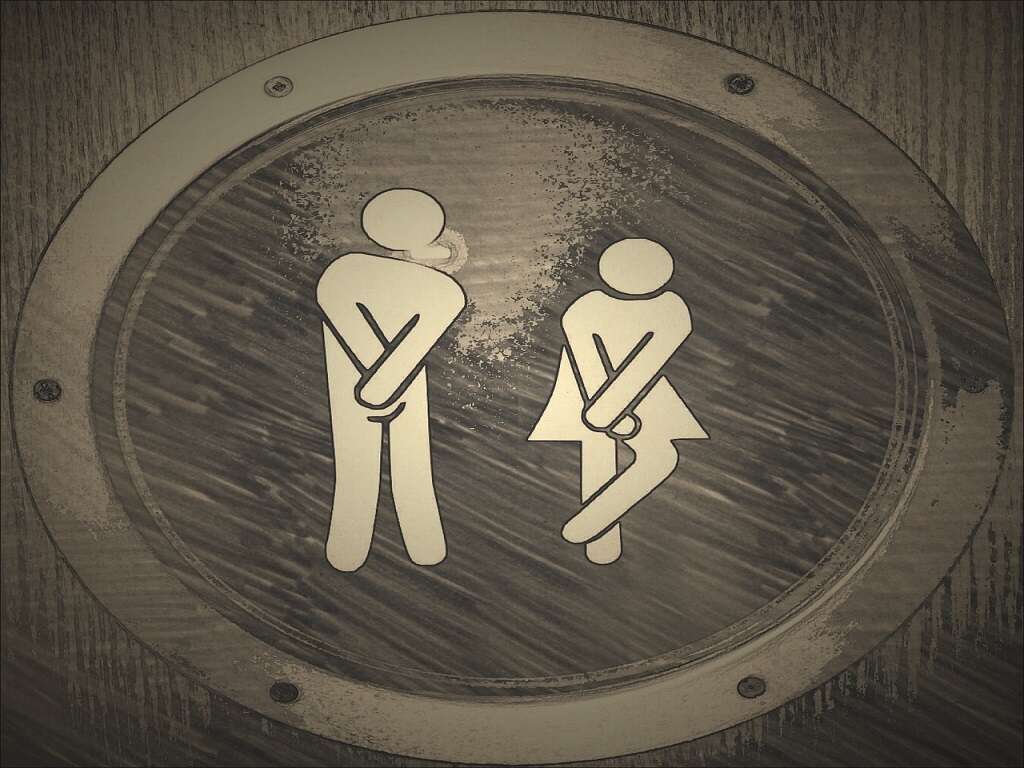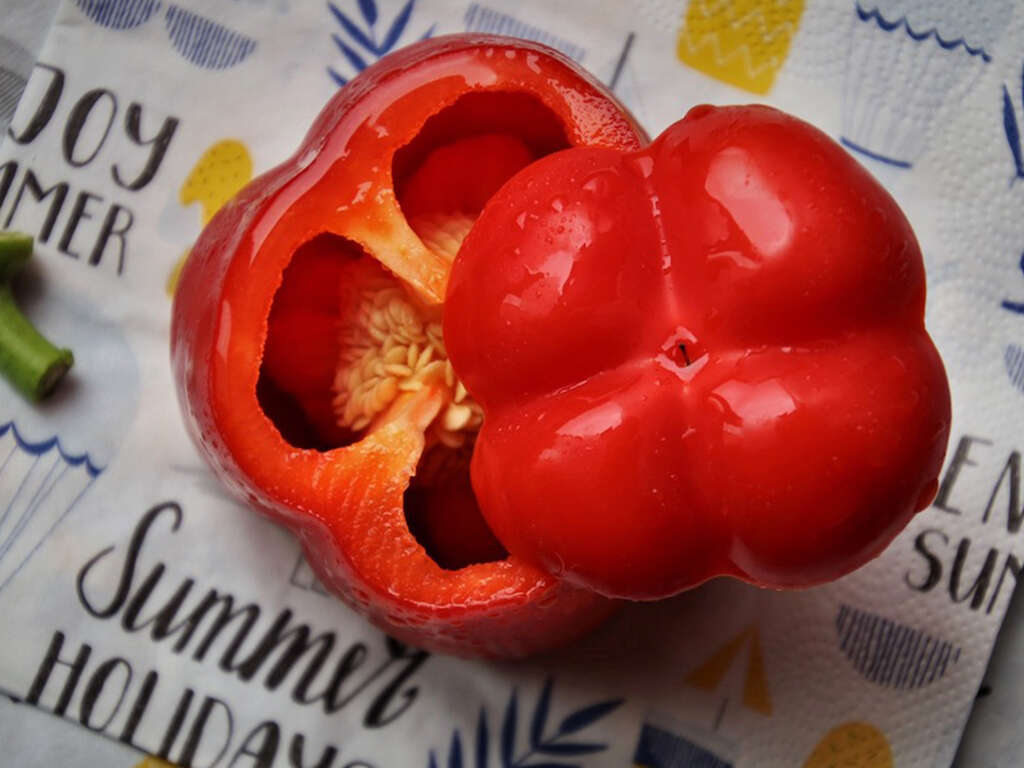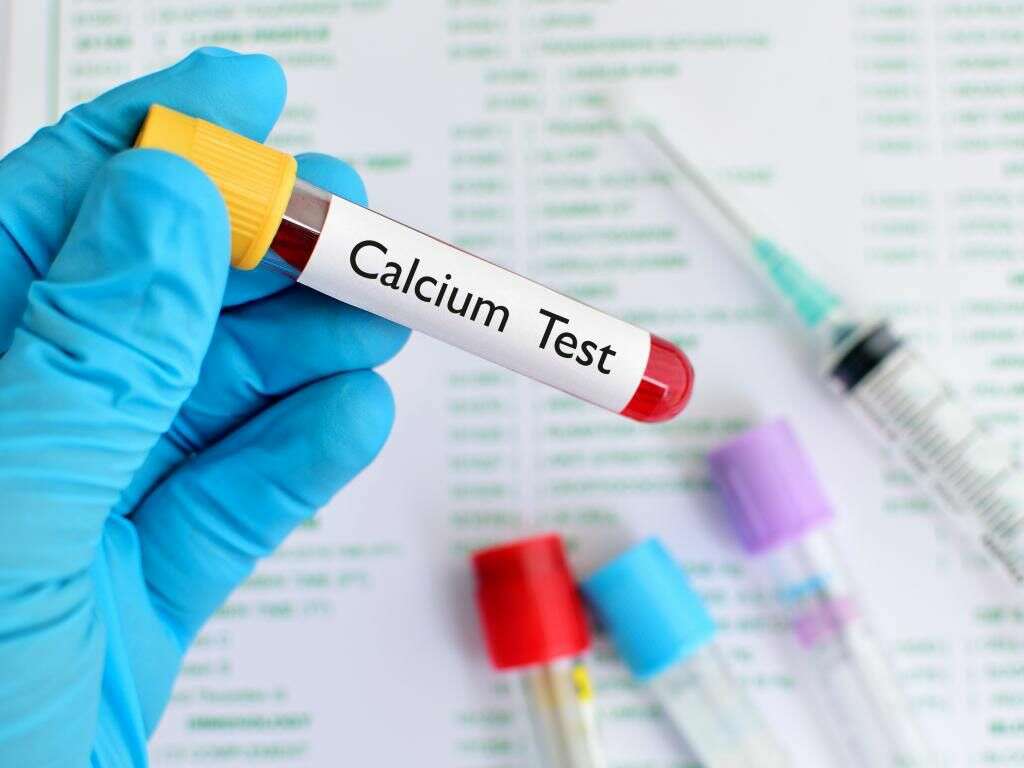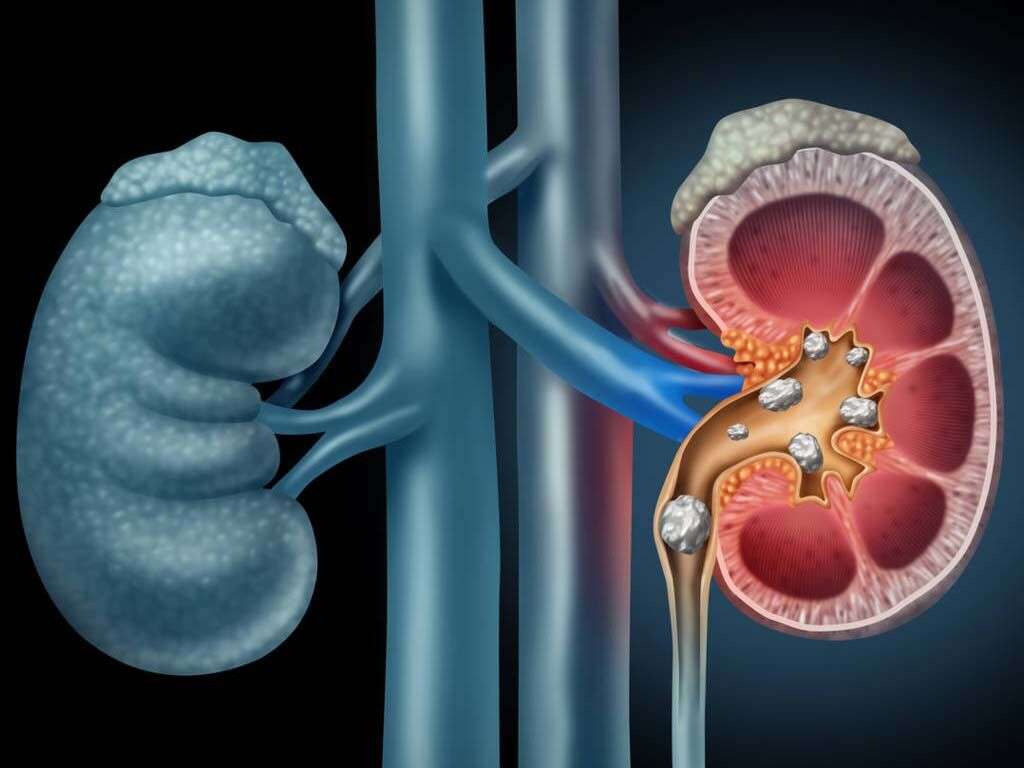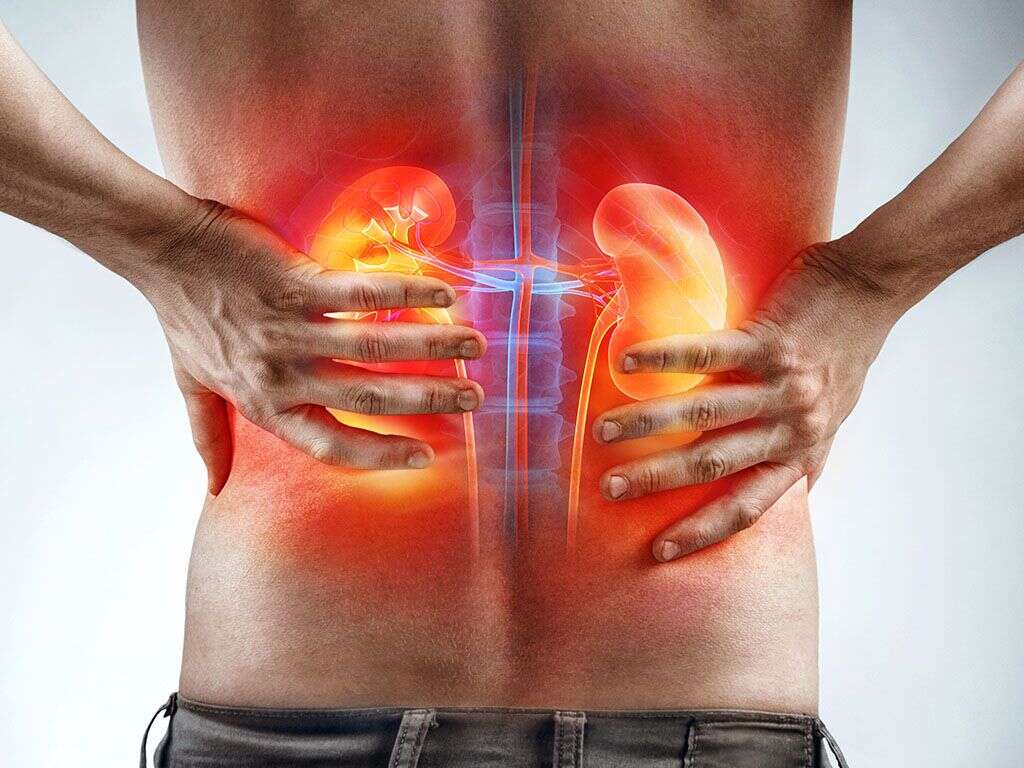What Are Kidney Stones?
Our urinary system is very important to us because it helps to keep our blood, and the rest of our body, clean. Toxins and other impurities are filtered from the blood and then sent to the bladder where they are stored before being passed out from the body. If something was to go wrong with this system then we could fall very ill.
There are numerous things that can go wrong with this system, however. One of these is kidney stones, which are hard lumps that literally form inside the kidneys. They are not usually dangerous, but they can be very painful. Treatment is available for kidney stones if necessary.
1. Kidney Stones
Kidneys stones are a fairly common phenomenon that can happen even in the healthiest of people. Indeed, around 10% of all people are thought to have at least one at some point in their lives. They are small lumps of salts and minerals that form inside your kidneys, and they will usually do no real harm.
There are various potential causes of kidneys stones, and there are also different types. Although they are not usually harmful, they can still be very painful as they pass through the system. Medication is available that can help, although surgery may be required in the more severe cases.
2. Calcium Stones
Calcium stones are also sometimes made from calcium oxalate, which is a substance that is absorbed from food, and also produced by the liver. They are also sometimes made from calcium phosphate, which is associated with using certain medication and some medical conditions. Patients that have a high urine pH are prone to developing these stones.
Calcium stones are the most common type of kidney stone. Oxalate is found in some fruits and vegetables, which means that even people with a healthy diet are prone to developing them. Oxalate is also found in some other foods, include chocolate and some nuts.
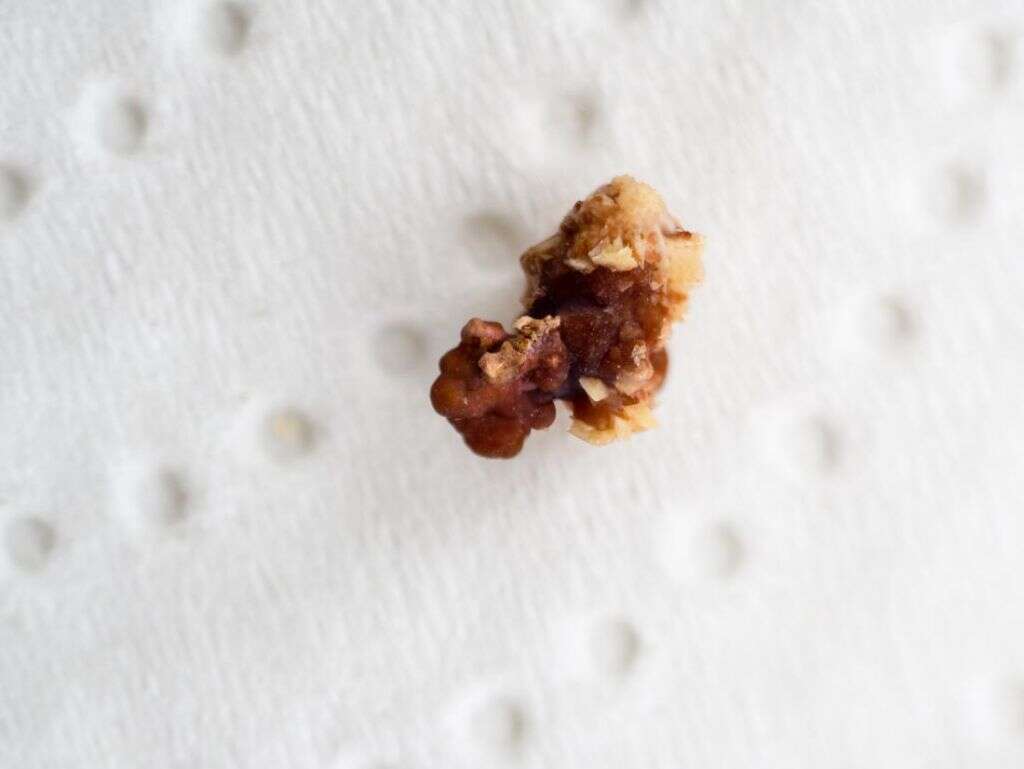
3. Uric Acid Stones
It is important that we remain well hydrated, and it can even be dangerous to us if we don’t. However certain medical conditions, such as chronic diarrhea, can make it a lot harder for us to remain hydrated. In addition to being potentially dangerous dehydration can cause other problems, such as uric kidney stones.
Genetics is also sometimes a cause of the condition, and people that eat a high protein diet are also at a higher risk. Certain metabolic conditions can increase a person’s risk of developing uric acid stones, while people with diabetes are also more likely to develop the disease.
4. Cystine Stones
These stones are caused by a rare medical disorder known as cystinuria. The disorder causes cysteine, which is a naturally occurring amino acid, to leak into the patient’s urine. Too much of the substance in urine can then cause stones made from the substance to form in the kidneys.
These stones tend to be large and they are more likely to cause problems for the patient, such as causing blockages. Cystinuria is also a chronic condition with no cure, and patients are likely to have the stones recurring. Although it cannot be cured, however, the condition can usually be treated to help manage the symptoms.
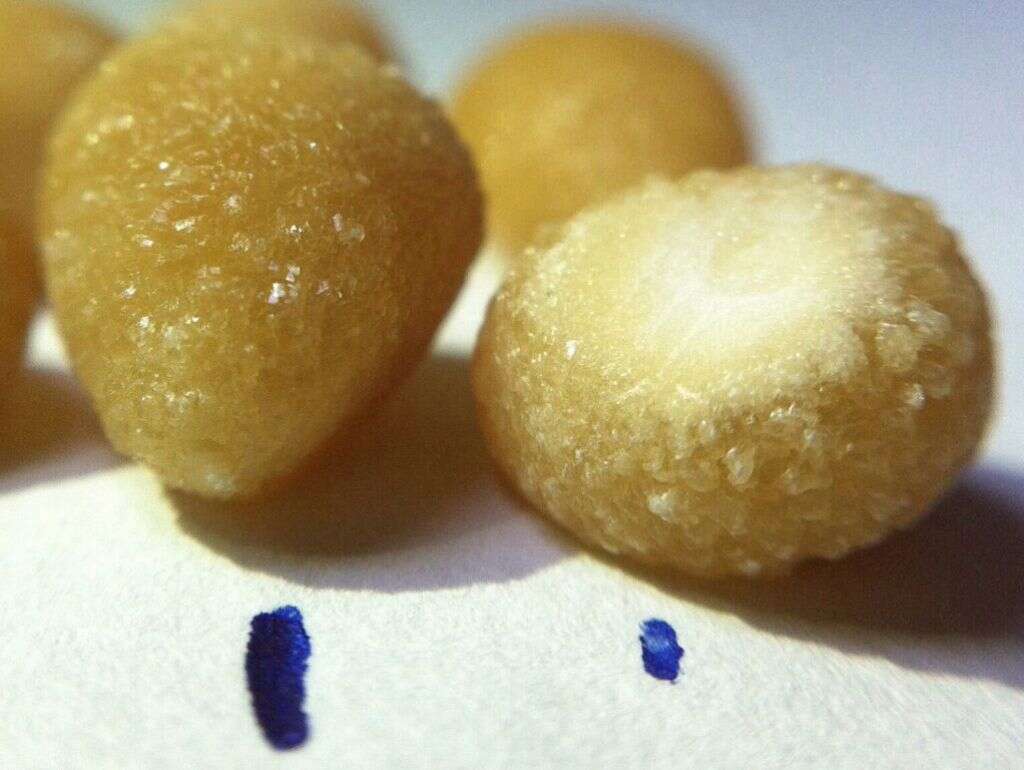
5. Struvite Stones
Some people, older women in particular, are prone to developing urinary tract infections. When there is such an infection in the body, bacteria that causes the infection will be releasing various substances including struvite. Under certain conditions, struvite can accumulate and result in struvite stones in the kidney.
Struvite stones make up to around 15% of all cases of kidney stones, and they are more common in women than in men. These stones can grow very quickly, and they can result in potentially serious conditions if they are not treated in time. In some cases, potentially serious complications can arise with little warning.
6. Symptoms
Kidney stones will often remain in your kidneys for a long times before they cause any symptoms. It is not usually until they grow too large, or too numerous, that they cause any problems at all. When kidney stones do cause problems, the patient is likely to feel pain. The pain tends to be severe, and is often located below the ribs.
The pain can also come in waves, and the patient might also experience a burning sensation when urinating. Other potential symptoms include a fever and chills, and nausea and vomiting. Discolored or cloudy urine is another symptom, and the urine can also have a foul smell. The patient may also develop irregular urinating habits.

7. Risk Factors
One of the potential causes of kidney stones is dehydration, so people that are often dehydrated are at high risk. People that eat high sodium and high protein diets are also more prone to developing kidney the stones. Certain medical conditions will also put people at a higher risk, particularly some conditions with the digestive system.
People who are obese are also more likely to develop kidney stones, and you are also more likely to have them if there is a history of kidney stones in your family. Certain supplements will also increase the chances that kidney stones will develop, and this includes calcium-based antacids, and vitamin C supplements.
8. Prevention
We can’t completely prevent kidney stones from happening, but we can at least help make it less likely we will develop them. One of the most effective ways to achieve this is to ensure you drink plenty of water throughout the day, especially if you live in a hot climate.
Eating fewer animal proteins and salt will also help, as well as avoiding foods that are high in oxalate. You should also speak with your doctor about any supplements you are using if you have problems with kidneys stones. Managing certain medical conditions the best you can will also help to prevent kidney stones from forming.

9. Diagnosis
Your doctor will likely want to ask you about your symptoms, and they may also want to perform a physical examination. If kidney stones are suspected then tests will be requested, and this is likely to include blood tests. Blood tests will help in looking for signs of kidney stones, including looking for levels of uric acid and calcium.
A urine sample will allow experts to look for levels of substances that might prevent stones, and minerals that would encourage their growth. Imaging tests can also be used to help look for stones visually. You may also be asked to try and catch any stones as they pass through so they can be analyzed.
10. Treatment
The treatment for kidney stones depends on a number of factors. In many cases, the patient will be asked to drink a lot of water to help prevent the stones from getting worse, and/or new ones from developing. Pain killers will also likely be prescribed to help relieve the patient of some of their discomfort.
Medication may also be provided that will help the stones pass out more easily. In the more severe cases, extracorporeal shock wave lithotripsy may be used. This is a technique that uses sound waves to help break the stones up. Surgery may also be deemed necessary if the stones are posing a threat.



